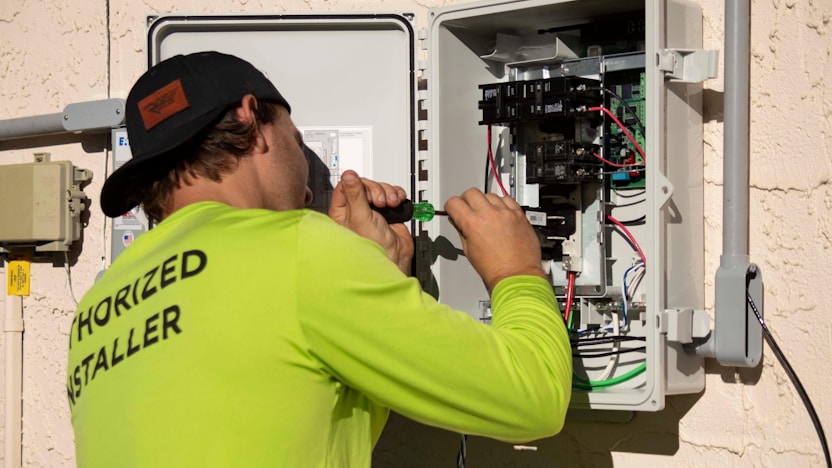
Electricity powers our lives — from lighting our homes to running essential appliances. But while it’s a modern convenience, it also comes with serious risks if not handled properly. Electrical fires, shocks, and equipment damage are common consequences of neglecting basic safety measures. As a homeowner, understanding and applying electrical safety tips can protect your property and your loved ones.
Here are five essential electrical safety tips every homeowner must know:
Overloading outlets is a common cause of electrical fires. Plugging too many devices into a single outlet or power strip can draw more current than the circuit is designed to handle.
What to do:
If you frequently run out of outlets, it may be time to install more or upgrade your home’s wiring.
Water and electricity are a dangerous mix. Using electrical appliances near water sources increases the risk of electric shock, which can be fatal.
Precautions to take:
GFCIs detect imbalances in electrical current and shut off power instantly, preventing serious injuries.
Frayed or damaged power cords are more than just an eyesore—they’re a serious fire hazard. Exposed wires can cause electric shocks or ignite nearby materials.
How to stay safe:
DIY electrical work can be tempting, especially for small jobs. But if you’re not a licensed electrician, some tasks are best left to the pros.
Call an electrician if:
Attempting complex repairs yourself can violate local building codes and void your insurance
Children are naturally curious, which can put them at risk around electrical outlets and devices. It’s crucial to educate them about electrical safety from an early age.
Safety steps for families:
Creating a culture of safety at home starts with awareness and good habits.
